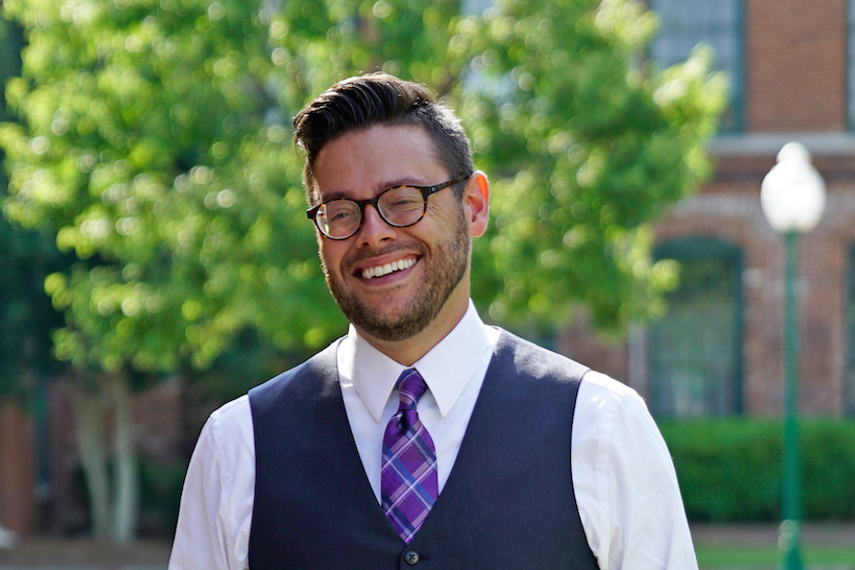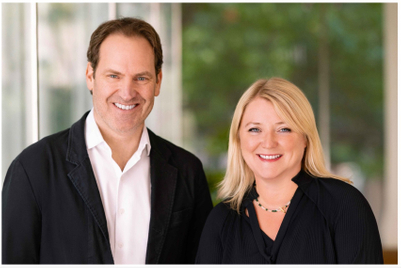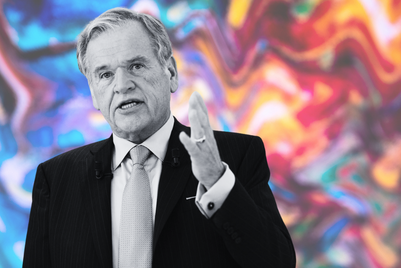
Wunderman Thompson wants to help its clients make products, services, communications and solutions that are accessible to all consumers.
The agency said Thursday (19 May), on Global Accessibility Awareness Day, it has brought on Josh Loebner, Ph.D., to lead its inclusive experience practice, which helps brands recognize areas where communities are excluded from their offerings, either because of disability, race or gender, and create new solutions to engage with them.
In the role, Loebner will work with cross-functional teams across Wunderman Thompson’s 20,000 employees and clients to apply best practices around inclusivity in engagements. He will also grow the practice and educate agency staff on how to work inclusive design principles into their daily tasks.
“We should be able to clearly see the best in everyone, including people with disabilities, and recognise that these groups should have the ability to interact with brands like anyone else out there,” he told Campaign US.
Loebner, who himself has a disability, has been working at the intersection of disability, advertising and inclusive design for nearly 15 years. He joins from Knoxville-based agency Designsensory, where he was executive director of inclusion and accessibility, helping clients including Twitter, Airbnb and Regal Cinemas bring accessibility into their offerings. Prior to that he worked at Edelman and Young & Rubicam.
Loebner recently completed his Ph.D., and his research focused on how agencies, brands and creative teams can move inclusive thinking and design more upstream — something he wants to implement at Wunderman Thompson.
As one of the first agencies to really commit to inclusive design, Wunderman Thompson was an attractive place to make progress in the area at scale, Loebner said. He pointed to the agency’s work with Degree to create the first deodorant designed for people with disabilities, which won a Grand Prix in innovation at Cannes Lions.
“This practice is avant garde and recognizes a gap that can be bridged to elevate and differentiate brands,” he said. “There are gaps we can bridge through inclusive design to elevate messaging that is not just a flash in the pan, but deeply powerful.”
Investing in inclusive design is a strategic move for Wunderman Thompson as well, which recognizes that not only do brands want to be more authentic in their messaging, but that they are missing out on an opportunity to connect with the roughly 1 billion consumers globally who identify as disabled.
“Whether it’s CPG, tech, finance and banking, food, restaurants or entertainment, any client can benefit from inclusive design,” Loebner said. “There is an opportunity to connect more customers that haven been authentically engaged. That’s the fundamental shift that we want everyone to recognise.”
(This article first appeared on CampaignLive.com)


.jpg&h=334&w=500&q=100&v=20250320&c=1)
.jpg&h=334&w=500&q=100&v=20250320&c=1)


.jpg&h=334&w=500&q=100&v=20250320&c=1)


.jpg&h=334&w=500&q=100&v=20250320&c=1)
.jpg&h=334&w=500&q=100&v=20250320&c=1)





.jpg&h=268&w=401&q=100&v=20250320&c=1)
.jpg&h=268&w=401&q=100&v=20250320&c=1)


